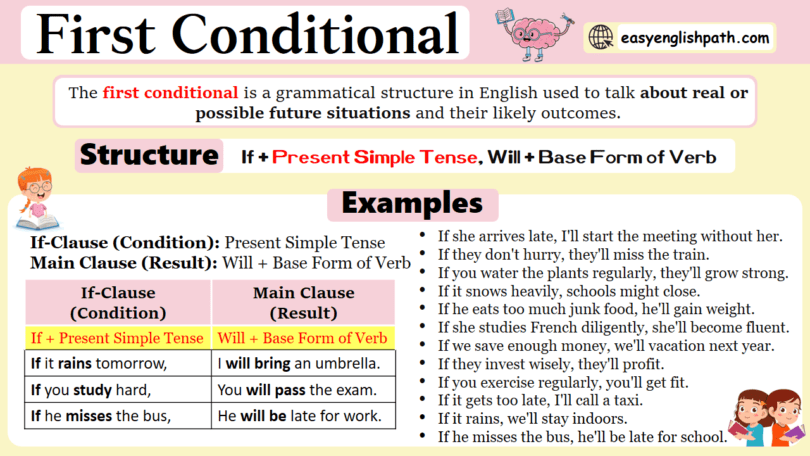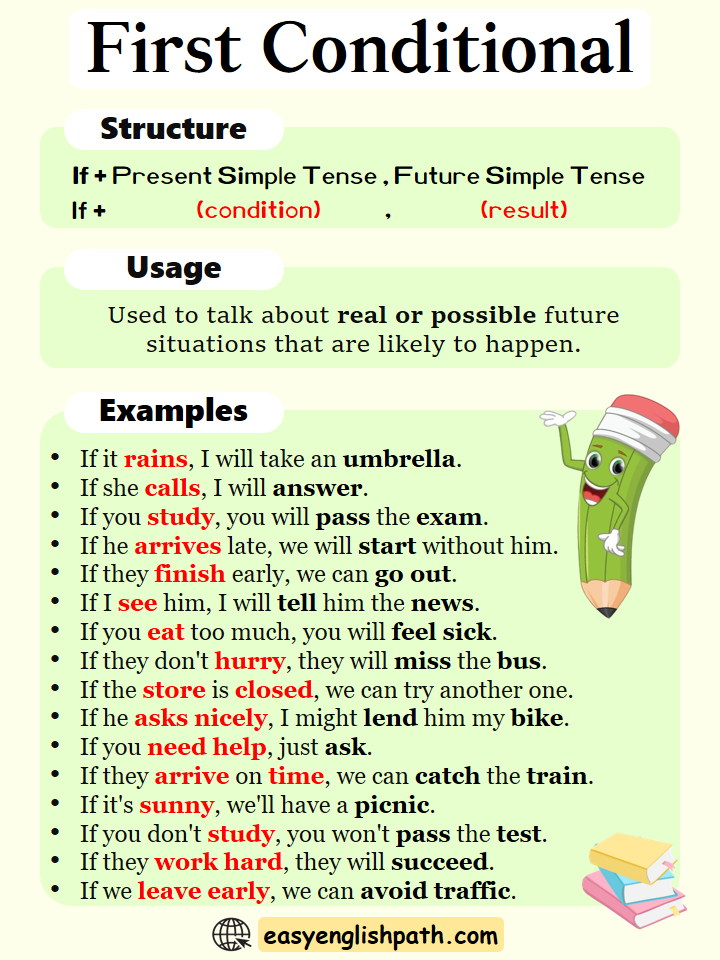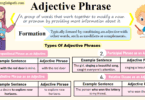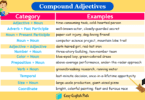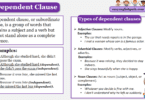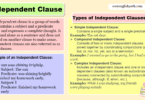The first conditional is used for talking about possibilities in the present or the future. We can also use it when we want to say what will probably happen if something else happens. It’s a very simple way to talk about what might happen if certain conditions are met. So, if you understand First Conditional, you can talk about possible futures easily.
Definition of First Conditional:
First Conditional is used to talk about what might happen in the future. It helps us talk about what might happen if certain things occur.
First Conditional Use:
The first conditional can be used to think about what might happen in the future if something happens now. It’s like guessing what will happen next if we do something specific. We use it when we talk about things that could happen.
- If it rains, we’ll stay inside.
- She will come if you call her.
- If you study, you’ll pass.
- He will be happy if he gets a gift.
Difference Between First and Zero Conditional:
| First Conditional | Zero Conditional | |
| Belongs to | Future possibilities based on a specific condition. | General truths and facts. |
| Condition | Specific present or future condition. | General condition that is always true. |
| Result | Potential outcome if the condition is met. | Certain result that always follows the condition. |
| Tense | Present simple in the condition; future with “will” or “shall” in the result. | Present simple in both condition and result. |
| Example | If it rains, we will stay inside. | If you heat ice, it melts. |
How to use ‘if’ and ‘when’ in the first conditional
In the first conditional, if and when are used to describe conditions, but with slightly different implications. If tells us a condition that may or may not occur, and that indicates that the outcome is upon whether the condition is fulfilled or not. The structure below typically follows the pattern:
| if + present simple tense, will + base form of the verb. |
- If it rains tomorrow, we will stay indoors.
- If you study hard, you will pass the exam.
- If I have enough money, I will buy a new car.
On the other hand, when is used to describe the condition that is expected or likely to happen in the future, implying a greater certainty compared to if.
The structure also follows:
| when + present simple tense, will + base form of the verb |
- We will stay indoors.
- You will pass the exam.
- I will buy a new car.
Usage:
The First Conditional is used to talk about real possibilities in the future based on a specific condition.
Below are some common situations where First Conditional is used:
- Predictions
- Plans and Intentions
- Offers and Promises
- Warnings
Predictions:
We use the First Conditional to make predictions about the future based on current conditions or actions.
- She will pass the exam if she studies.
- If you’re late, you’ll miss the bus.
- If he practices, he’ll get better.
Plans and Intentions:
It’s used to talk about plans or intentions that depend on certain conditions.
- We will go hiking if it’s sunny.
- If she’s free, she’ll join us.
- If the store is open, we’ll buy groceries.
Offers and Promises:
First Conditional is also used to make offers or promises about future actions.
- If you need help, I will assist.
- If you come, I will cook dinner.
- If you’re thirsty, I will get you a drink.
Warnings:
It can also be used to give warnings or advice about certain actions.
- If you touch, you’ll get burnt.
- If you don’t study, you’ll fail.
- If you run, you’ll fall.
First Conditional Examples:
- If you study, you’ll pass.
- We’ll picnic if it clears.
- If she finishes, she’ll join.
- I’ll call if I need to.
- If they hurry, they’ll catch.
- He’ll get it if he’s good.
- If you exercise, you’ll feel.
- We’ll enjoy it if it rocks.
- If she works, she’ll achieve.
- He’ll buy it if he saves.
You May Also Like this

